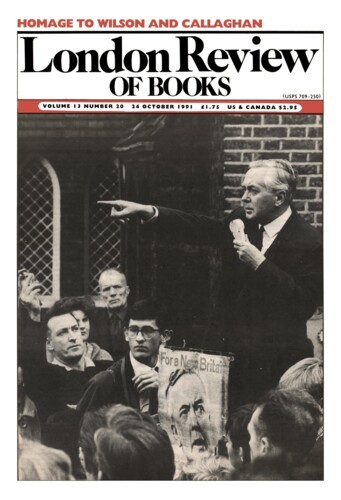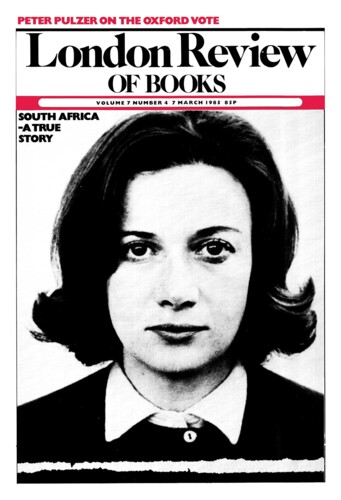The publication of the third PSI Survey, Black and White Britain, if a political event. The first and second surveys were undertaken by PEP in 1966 and 1972, the third by PEP’s successor, the PSI, in 1982-83. Black and White Britain acknowledges that the UK is a multi-racial society and that this fact has brought with it considerable benefits and at the same time posed problems which call in question the civility of our society, our flexibility, and our ability to face and then tackle our own deficiencies. The last of those problems is to a great extent a measure of our self-confidence. The British or, as they used to be known, the English, who are in fact the group most closely concerned, were for many centuries without an inferiority complex. This ‘complacency’ carried with it a number of unattractive characteristics, but allowed a spirit of self-criticism that was healthy. Henry Adams reports in his autobiography that at a dinner at the American Embassy at which John Bright was the chief British guest, he thumped the table and announced: ‘the English are a nation of brutes and should be exterminated to the last man.’ This statement shocked Henry Adams, James Russell Lowell, the Minister, and the other Americans present. They felt it inappropriate that a leading English politician should condemn his countrymen in such forthright terms in front of foreigners – as they saw themselves. They were, of course, wrong. No more patriotic statement could have been made. Such was John Bright’s confidence in the British and the British political system that he felt free to discuss its deficiencies with anyone – and anyhow who cared about foreigners, least of all the Americans? It was that unthinking self-confidence which carried us through World War Two. Since 1945 it has largely disappeared. Our attitude to the people who have come here from out former colonies reflects this decline in self-confidence.’
Black and White Britain: The Third Survey by Colin Brown. The publication of the third PSI Survey, Black and White Britain, if a political event. The first and second surveys were undertaken by PEP in 1966 and 1972, the third by PEP’s successor,...


